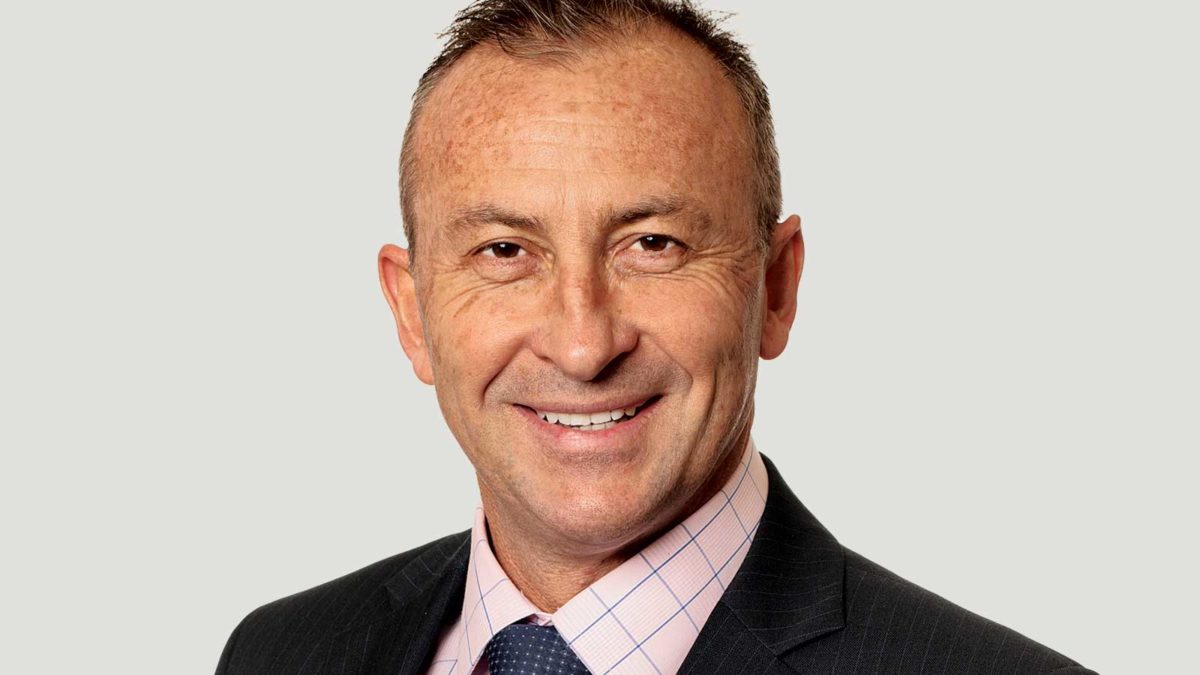Big super needs capital requirements: Equity Trustees
While profit-to-member funds have been given the go-ahead to build reserves from new fees on members, Equity Trustees believes that fund shareholders should pony up instead.
The issue of so-called “$12 trustees” has leapt to prominence in recent months as super funds flocked to courts to get the green light to build capital reserves through new fees. But Equity Trustees believes the lack of capital requirements for super funds is a major failing of the system that needs to be corrected with legislation.
“The only area where you’re not required to hold regulated capital is in superannuation, and these recent court cases have highlighted the weakness of the superannuation system,” said Mick O’Brien, managing director of Equity Trustees. “You have a financial services organisations that have no shareholder capital at risk. If you were to establish this system from scratch today, there’s no way in the world you’d design it that way.”
Funds are required to hold an Operational Risk Financial Reserve (ORFR), set at 25 basis points by APRA and accumulated over time from members. But held as a reserve within the fund, the ORFR is “simply a mechanism for the inter-generational spreading of operational risk events” – a spread that dissipates in the event of rapid replenishment after drawing on the reserve (many funds do hold reserves substantially above 25 basis points).
Equity Trustee’s submission on APRA’s discussion paper “Strengthening Financial Resilience in Superannuation” suggested that industry fund shareholders – unions and other employer groups – could pony up the money, and O’Brien believes that most would if they were required to. Of course, the problem with shareholders providing capital is that they usually want a return on it; an impossibility in the profit-to-member space. But O’Brien still believes they should put their money where their mouth is.
“Those shareholders need to make a decision: do they want to put capital forward and have it at risk for the benefit of having director nomination rights and influence at the superannuation fund, and to look after the interests of whatever group of employees they feel they’re looking after the interests of?” O’Brien said.
“They don’t need to receive a financial return. That will shake out the industry to determine whether these shareholders want to be involved, or are simply passive. And if they’re passive, they shouldn’t be the shareholders of a licensed trustee.”
O’Brien said that the recent insider trading claims – which have not yet been proven by ASIC – demonstrated how “passive and unengaged” industry fund shareholders are, as no director under suspicion had been removed or suspended. And while the new fees aren’t illegal, they do create an element of moral hazard.
“The trustee has to ask the court for that because they’re conflicted,” O’Brien said. “The issue to me is that all members and sponsoring employers and unions have selected that fund on the basis that the trustee is not taking fees. In normal, good governance, you would go and communicate to all parties what you’ve done… that’s the normal way you would do something when you’re conflicted.”
While the move to build reserves through new fees has attracted fierce criticism from LNP partisans, who are reportedly considering moves to impose capital requirements on funds, regulators like APRA and ASIC essentially have their hands tied and have instead prioritised financial system stability.
“The regulator is constrained from holding trustees to account, because every time they fine them, every dollar comes from the members,” O’Brien says. “That’s not a good system; that’s not a system that operates in the banking system, for custodians, for responsible entities.”
“ASIC doesn’t want to apply a $100 million fine to a trustee when it knows a whole lot of it comes from members but it is basically being levied from them because of the incompetence, malfeasance or fraud of directors.”
O’Brien also questioned assertions by AustralianSuper that insolvency would result in a $100 million cost to members, when retiring as trustee and allowing APRA to appoint another would cost “less than $1 million.”
“(APRA superannuation executive) Margaret Cole said herself that she entertains the idea that trustees can fail,” O’Brien said. “Of course, the system has to entertain and facilitate that a trustee may fail and may need to be replaced, like any financial system would.”











